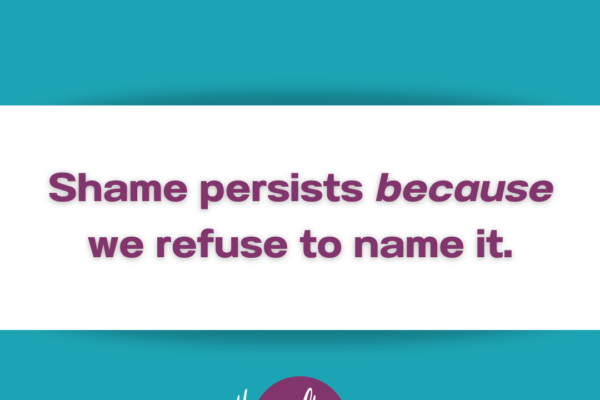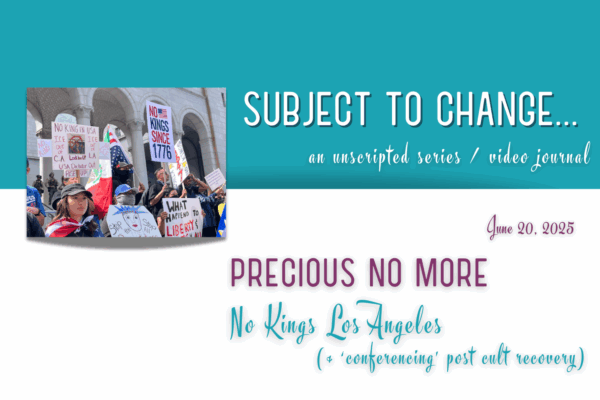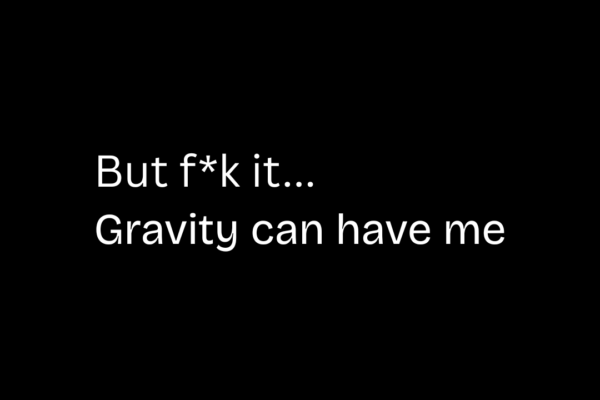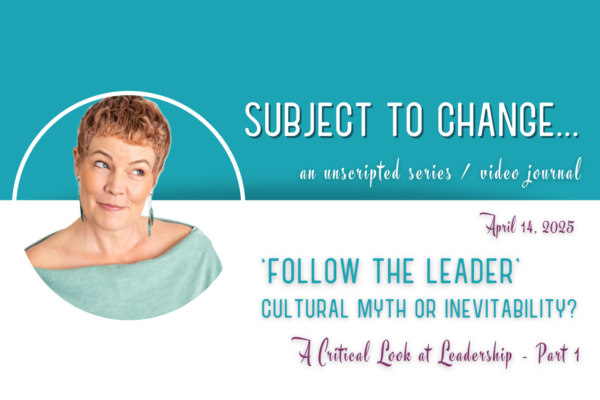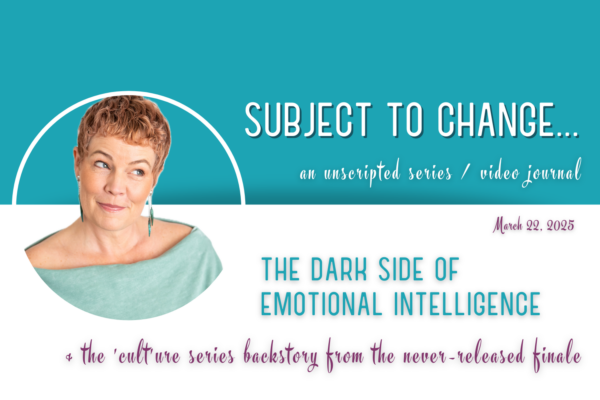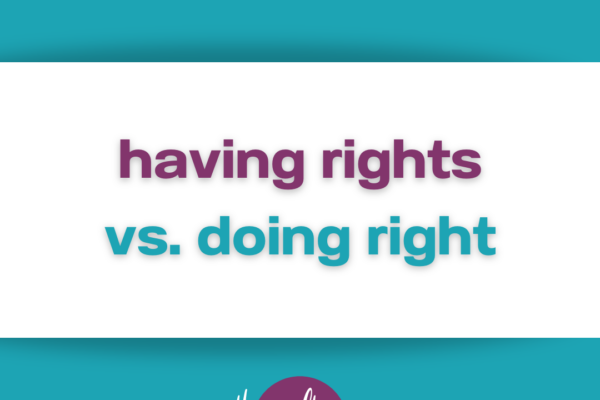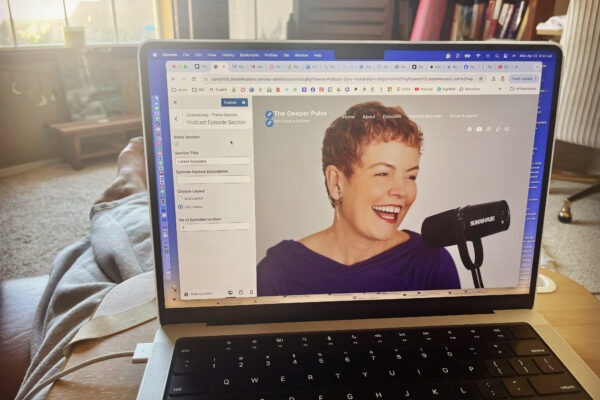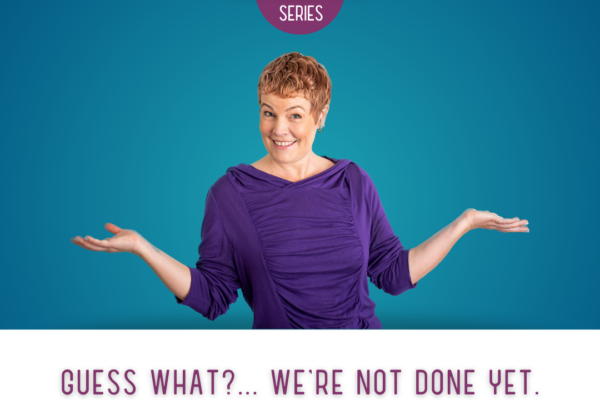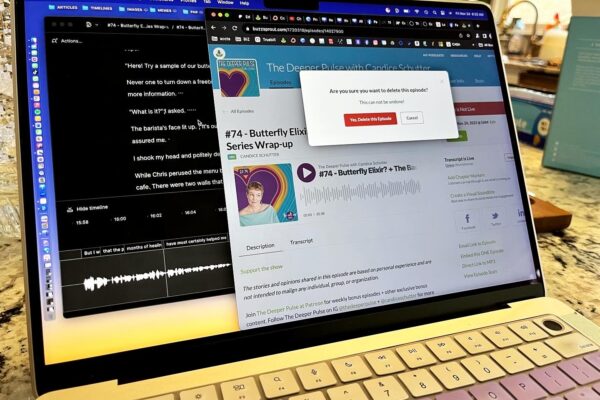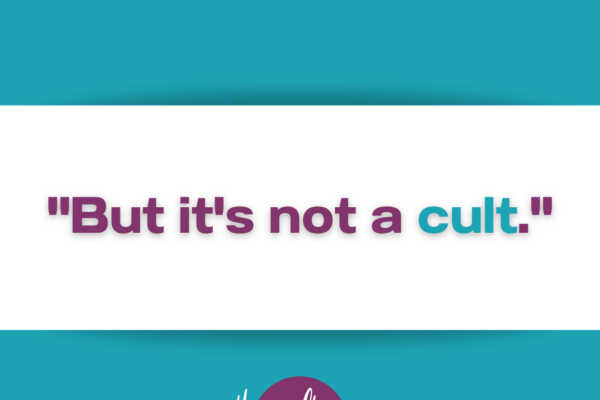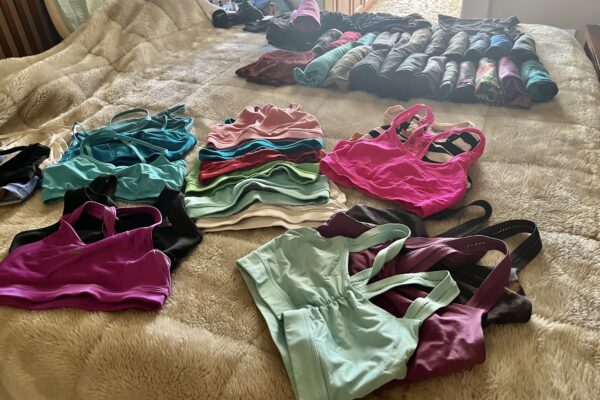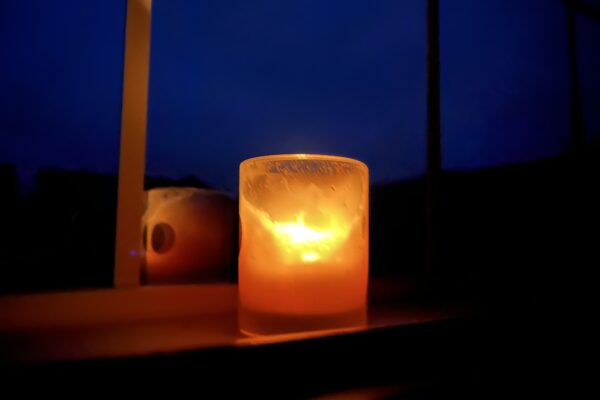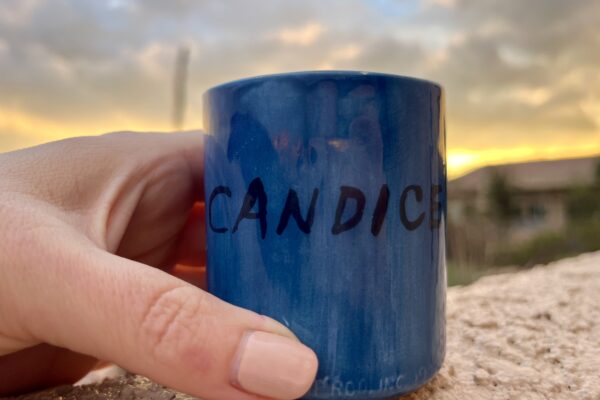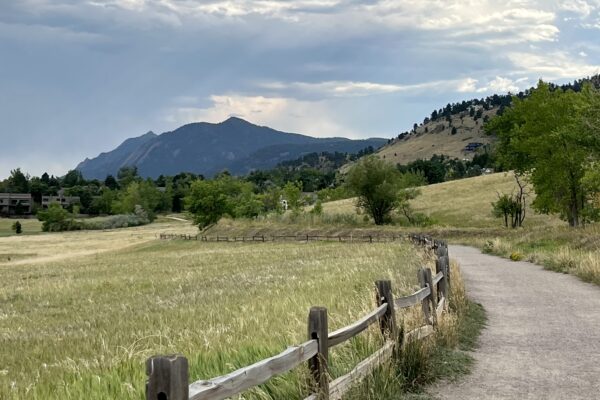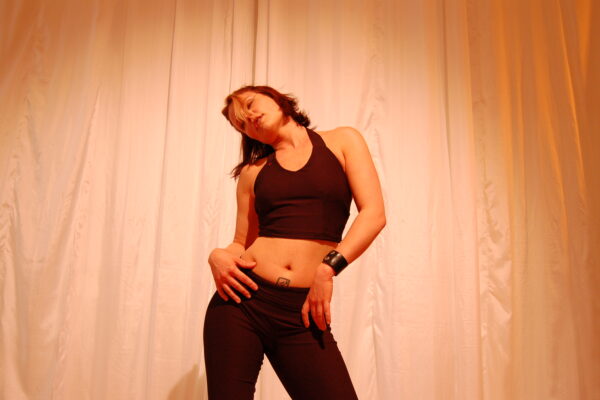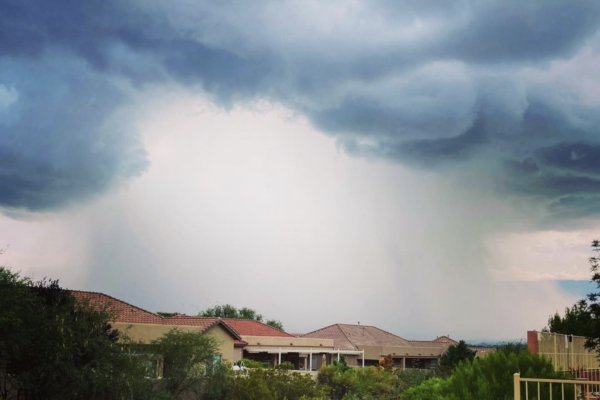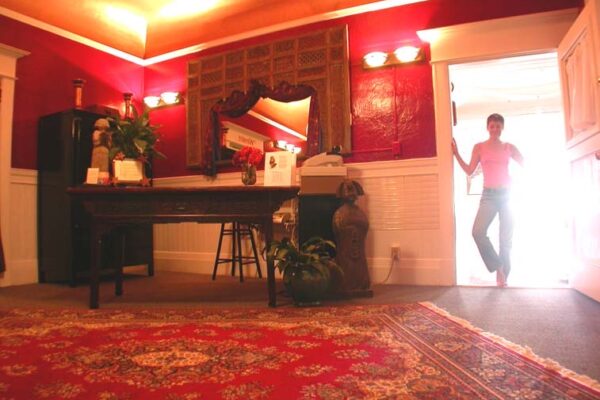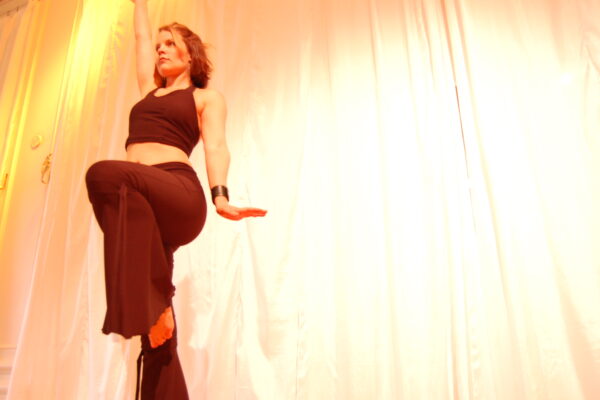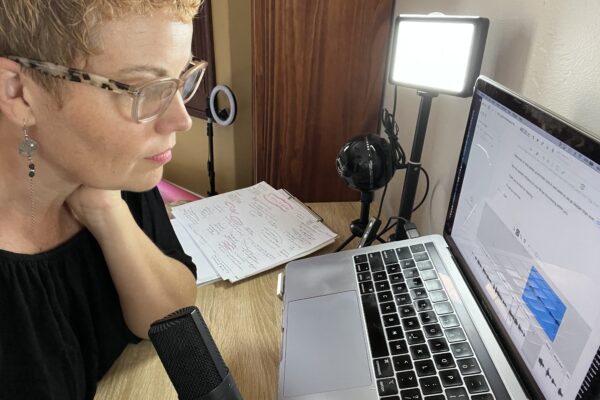I have more to say on the heels of yesterday’s post, because I’m receiving more questions – mostly from folks who are new to the ‘cult’ure series… asking me, but WHY is the cult label even necessary?
As I said yesterday, I agree that labeling can be a distraction and stand committed to keeping the focus on accountability.
AND ALSO…. When is the onus no longer on victims to protect those who cause harm from feeling defensive and upset by the truth? When does compassion cross over into codependent enabling?
As I’ve said, for 20 YEARS I was SUPER resistant to calling any group I was affiliated with back in the day ‘a cult’ (there’s been more than one); and this reluctance has lifted only very recently. For two years now, I have been puzzling over this label… researching my face off, treading lightly while naming the behaviors and problematic dynamics out loud with others so that I/we might develop an *informed* opinion around it all.
And now I have.
Anyone who’d like me to make a case for my use of this label is welcome to listen to 65+ hours of content (Patreon bonuses included). I think I make it pretty darn clear that ‘cult’ is not a word that I’ve landed on lightly.
Sometimes labels ARE necessary. Because cultic leaders are not of your everyday variety; because they have cultivated a very specific brand of ‘power-over’ others; because they have already proven that they are not willing to accept feedback and change their behavior; and because the psychological (and spiritual) damage they inflict cannot be remedied through a simple overhaul of less-than-ideal business practices. I wish that it were as simple as x + y = a cult, and that we could just reverse engineer it; but unfortunately, the dysfunction goes way deeper than that.
Also, I ask you…
When naming something is triggering, does that mean that we shouldn’t do it? And if so, for how long? Always? And to what end?
If we don’t name things as what they are (culty, cultish, high-demand, etc), we risk repeating the same patterns somewhere else.
AND I get that this stuff is activating…. which is why I suggest people who are new to the pod start listening to the ‘cult’ure series from the beginning… with EPISODE 32. Take the journey with me/us… BEFORE you send me premature messages with the insistence that I am being a short-sighted alarmist. If you listen with curiosity, it might make far more sense where I have landed.
I don’t mean to sound heartless. I felt similarly for years; until the evidence starting stacking up and I just couldn’t bypass the label any more.
After two years of podcasting on eggshells, I suppose I’ve grown a bit tired of centering the needs of those who aren’t willing to do the hard work of self-reflection. I’m learning that people will hear what they want to hear… just as they will read what they want to read into my words on these platforms. Yesterday I heard from someone who wonders if I might be ‘escalating’ the situation… hmm. 🤔 Perhaps. It’s also possible that when cognitive dissonance arises, criticism and anger very often moves in the opposite direction of top-down accountability.
I’m asking this question in earnest. And I immediately think of antiracism educators who face a similar challenge. Is it wise and/or a best practice to sidestep saying outright when a behavior is ‘racist’? Perhaps, sometimes it might be helpful in a 1:1 convo… but ultimately – SYSTEMICALLY – US history continually demonstrates that sidestepping the r-word has only led to ever-more covert expressions of racism; it’s shielded ‘us’ (and I speak from the position of a white person) from addressing the real problem which is, like it or not, [clutches pearls]… white supremacy.
So if people continually sidestep my cringiness as a white women and never call me out on the root cause of my privilege and entitlement… when BIPOC folks are expected to center my need to be comfortable over their *much more urgent* need for me to do better… Isn’t this just another way of pandering to ‘whiteness’ rather than addressing it head-on?
And I’m well aware that bringing in this comparison will also be triggering for some, and yet here I am doing it because we can heal it if we aren’t willing to name it. And also because cultic indoctrination cannot be separated from colonialism, white supremacy, capitalism, or the patriarchy… like it or not… there is more than one elephant in the room.
So at what point does protecting people from the truth just become another form of enabling? Is ‘cult fragility’ similar to ‘white fragility’ (which some antiracism educators are now calling out as yet-another term we use to cloak our white supremacy)? Should we be constantly stepping around these emotional landmines? Or is our trepidation part of the problem?
I know, personally speaking, I need to be called out when my inherited bigotry shows up; when I’m being an entitled, white, racist a-hole. I must tune into healthy shame in order to learn how to do better. It’s no fun, that’s for sure… but it’s work I’m willing to do. And experience has taught me that the best way out is through.
We’ve been ‘cult’urally conditioned to tone police (and gaslight) the activist/whistleblower/victim, rather than placing the responsibility on the power players who have gotten all of us into this mess. And again, like it/me or not… we are all in this together.
If you don’t like the c-word, then don’t use it; this matters very little to me. My only request is that you please also ask yourself:
Is this me spiritually bypassing (insisting on a ‘harmonious’ resolution) without listening in to gather all the facts?
And/or,
Am I using my offense to this label as a straw man argument to deflect attention away from inexcusable behavior?
This much-longer-than-intended rant started over on ATO (our private recovery space), and it will likely also land on the feed of the pod. But I’m dropping it here first b/c it’s become apparent to me that *the shame attached to this label* is keeping some people from tuning to listen to our stories.
And that stigma is really the point! We can’t remove the cult stigma without calling it what it is. And I am honored to walk alongside folks who understand that there is no shame in carrying forth this label. (Personally speaking: I felt FAR more shame when I refused to own it.)
